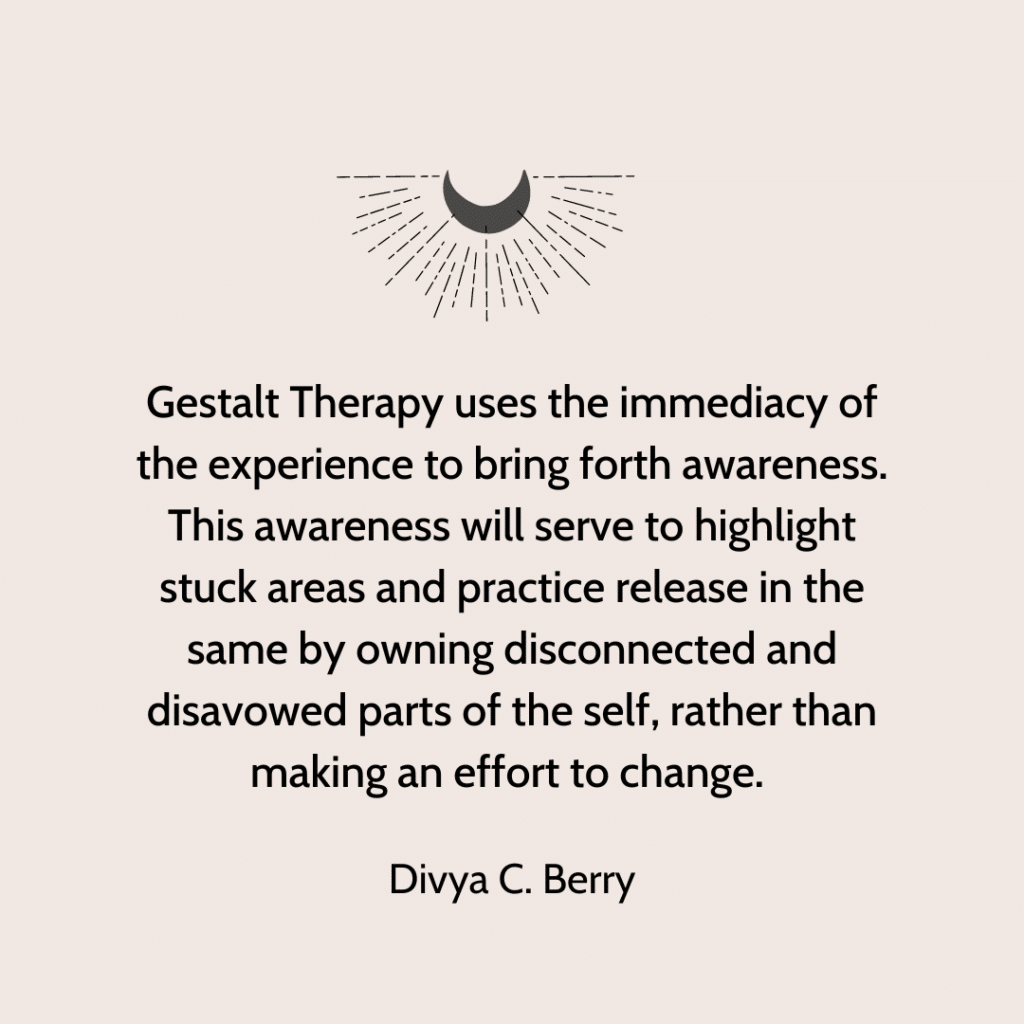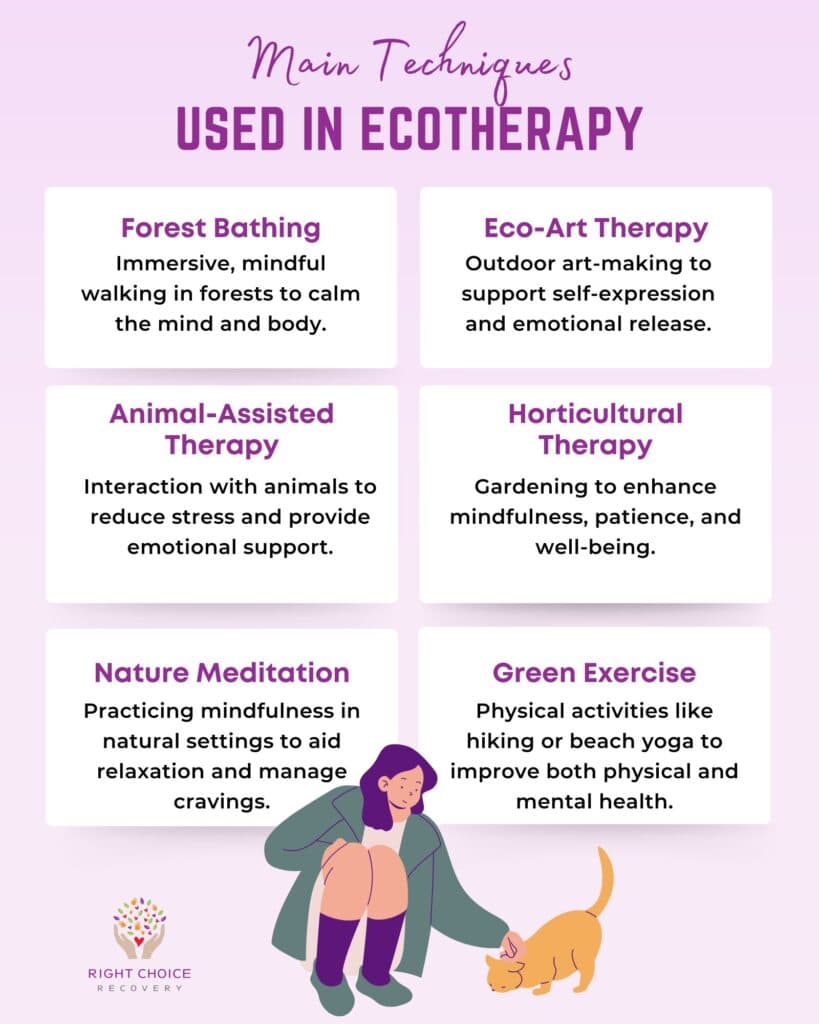The 25-Second Trick For Empowered Mind Therapy
The 25-Second Trick For Empowered Mind Therapy
Blog Article
Rumored Buzz on Empowered Mind Therapy
Table of ContentsGetting The Empowered Mind Therapy To WorkWhat Does Empowered Mind Therapy Mean?Not known Facts About Empowered Mind TherapySome Ideas on Empowered Mind Therapy You Should KnowEmpowered Mind Therapy Can Be Fun For Anyone
Music Therapy is always there for you, and many thanks to Kid's Songs Fund a kid has a possibility to experience that magic. Contribute today!. Depression Therapy in Utah and Texas Assist Children's Music Fund add a delighted beat to a youngster's day
After analyzing these wellness locations, you can assess the areas of your life that need even more treatment and attention. From there, you and your specialist can produce a filled with methods that will aid you prioritize your requirements. Mental wellness may be much more stabilized in our existing day and age, yet it's regular to need added assistance at times.
Other psychological wellness services supplied consist of , EMDR therapy, faith-based therapy, ADHD therapy, and. We supply in-person therapy in Honolulu, HI, and.
The 20-Second Trick For Empowered Mind Therapy
First of 2 components In 2015, 16.1 million Americans reported experiencing significant anxiety during the previous year, frequently having a hard time to operate while grappling with crippling darkness and anguish. There's a toolbox of treatments handy, including talk therapy and antidepressant drugs, however what's depressing in itself is that they don't help every person.
But a few of those searchings for have actually been cast doubt on because studies had little sample dimensions or problematic speculative layouts. Still, there are a handful of key locations including anxiety, chronic discomfort, and anxiety in which properly designed, well-run research studies have revealed benefits for clients taking part in a mindfulness meditation program, with effects similar to other existing therapies
"We're chatting regarding moderate effect size, on the same level with other treatments, not better. And then there's a bunch of various other things under research study with initial proof that is encouraging but by no means conclusive.
Empowered Mind Therapy - An Overview

Then, being a researcher, asking 'Just how does this work? What is this doing to me?' and wishing to understand the systems to see if it can help others," Desbordes claimed. "If we desire that to become a treatment or something offered in the area, informative post we need to show [its benefits] scientifically." Desbordes' research study makes use of practical magnetic vibration imaging (fMRI), which not just takes images of the brain, as a routine MRI does, however additionally documents mind task taking place during the scan.
Desbordes took before-and-after scans of topics who found out to practice meditation over the course of 2 months. She checked them not while they were practicing meditation, but while they were doing everyday jobs. The scans still discovered modifications in the topics' brain activation patterns from the starting to the end of the research, the initial time such a modification in a component of the brain called the amygdala had actually been spotted.
Little Known Questions About Empowered Mind Therapy.
After eight weeks of training in mindful focus reflection (right) note the amygdala is less activated after the reflection training. Thanks To Gaelle Desbordes November 13, 2012 4 min checked out May 5, 2015 5 min reviewed January 21, 2011 4 min read In her existing job, she is exploring reflection's results on the brains of clinically depressed patients, a team for whom researches have shown reflection to be effective.

(https://gravatar.com/magicalbeardac4f4bf1dd)Desbordes claimed she wishes to test one widespread theory about just how MBCT functions in clinically depressed individuals: that the training boosts body awareness in the minute, called interoception, which, by focusing their interest on the present moment, arms individuals to break the cycle of self-rumination. "We recognize those brain systems involved with interoception, and we understand those included with rumination and clinical depression.
Desbordes belongs to a neighborhood of researchers at Harvard and its affiliated establishments that in current years has been teasing out whether and just how meditation works. In the 1970s, when transcendental reflection rose in popularity, Herbert Benson, a teacher at Harvard Medical School and what was then Beth Israel Health center, discovered what he called "The Leisure Reaction," determining it as the usual, functional characteristic of transcendental reflection, yoga exercise, and various other kinds of reflection, including deep religious prayer.
The 8-Minute Rule for Empowered Mind Therapy
Words has actually come to define a meditation-based technique whose goal is to enhance one's sense of being in today, yet it has actually also been utilized to describe a nonmeditative state in which subjects establish apart their psychological diversions to pay greater attention to the below and currently, as in the work of Harvard psychologist Ellen Langer.
Recent clinical exploration has actually greatly concentrated on the secular technique of mindful reflection, yet reflection is likewise an element of a number of ancient spiritual customs, with variations (Trauma Therapy in Katy, Texas). Even within the area exercising nonreligious conscious meditation, there are variations that may be medically purposeful, such as exactly how frequently one meditates and the length of time the sessions are
Inevitably, Desbordes claimed she has an interest in teasing out simply what in conscious meditation can work versus depression. If researchers can identify what aspects are efficient, the treatment may be refined to be a lot more effective. Shapero is also curious about using the study to fine-tune therapy. Because some patients take advantage of mindfulness reflection and some do not, he wants to much better recognize how to distinguish in between both.
Report this page